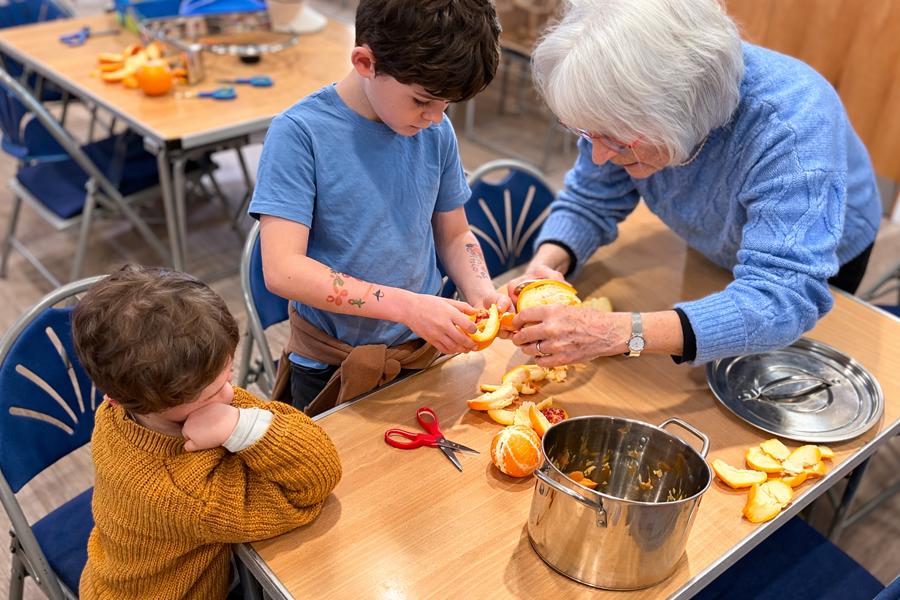Frequent reports of how lonely we are, across all agesand nations, have dominated the news for months. We live in lonelytimes. Increasing numbers of elderly people are living alone for longer.Many young people describe acute senses of loneliness. People are lonely inboth in our cities and in rural areas, so much so that loneliness is nowconsidered a public-health issue, with some commentators declaring that"the world is suffering from an epidemic of loneliness."
Recent studies assert that loneliness is hazardous to ourhealth, disrupting sleep, increasing stress and inflammation, and weakeningimmune systems. It's also associated with cognitive decline, heart disease, andgreater frailty later on in life. With a significant effect on mortalityrates, loneliness is now considered a public health threat potentially moreharmful than obesity and as bad as smoking. Its especially ironic that as weare globally connected to the worldwide village through social media, we aresomehow more socially isolated than ever.
As church communities, we can and really should be partof the solution, reaching out to those who are alone and inviting them into thefamily of God. During the recent archdeacons visitations, I heardheart-warming stories of churches signing up as places of welcome, offeringcake, coffee and chatter sessions, or knit and natter gatherings. Community is being built as people experience the loving welcome of churchmembers not just on Sundays, but as our church buildings are used as places ofconnection and outreach during the week too.
Saint Paul says in his letter to the Corinthian churchthat whoever loves God is known by God. (1 Corinthians 8:3) As hispeople, we can find security and comfort in the knowledge that we are neveralone, God knows us and sees our comings and goings (Psalm 139), even if wefeel alone and that no-one else cares. But Gods promise to place thelonely in families is fulfilled when we, as his body on earth, reach out tothose who are alone for whatever reason, loving and welcoming them, listening,and enabling them too, to experience being known by God, and cared for by hispeople.
Nikki Groarke
Archdeacon of Dudley
